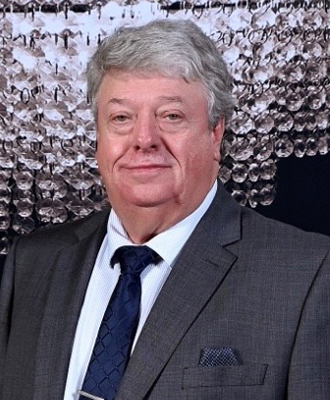Don't Let Sleep Apnea Leave You Breathless
November 30, 2023By: John McCurdy
Categories: Your Wellness

Chronic sleep disorders affect an estimated 50-70 million Americans. Sleep apnea is the second most common sleep disorder. According to the American Medical Association, more than 30 million Americans have sleep apnea.
The Basics
Individuals with sleep apnea experience paused or reduced breathing while asleep. It causes decreased oxygen levels and frequent sleep disruptions. Symptoms include snoring, gasping for air, morning headaches and difficulty concentrating.
There are two types of sleep apnea, including Obstructive Sleep Apnea (OSA) and Central Sleep Apnea (CSA).
OSA is the most common sleep-related breathing disorder with less than 1% of people having CSA.
OSA: what to know
- The airway is temporarily blocked or restricted while sleeping.
- Snoring occurs when air cannot move easily through the airway.
- Sleep is interrupted when people wake up and gasp for air.
CSA: what to know
- Communication is disrupted between the brain and muscles that control breathing.
- The individual’s breathing becomes shallow and may slow or experience repeated pauses.
In both OSA and CSA, changes in breathing reduce sleep quality but may not wake the individual. This is why many people do not know they have sleep apnea.
Managing Symptoms
Sleep apnea can be dangerous. It causes excessive daytime sleepiness and can increase the risk of motor vehicle accidents. Many sleep apnea patients use continuous positive airway pressure (CPAP) to manage symptoms. The sustained air pressure keeps the airway open, improving the quality of sleep.
Heart of the Matter
CPAP use also improves heart health. Sleep apnea can lead to high blood pressure, heart disease and stroke. A recent study shows that CPAP use reduces the risk of hospitalization for cardiovascular disease by 18% and decreases the risk of dying from heart disease by 36%.
Schedule an appointment with your primary care provider if you have symptoms of sleep apnea to determine if you need a sleep study. A sleep study needs a provider referral and is the only way to diagnose sleep apnea. To learn more about our sleep studies, contact the Diagnostic Sleep Center.



